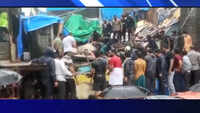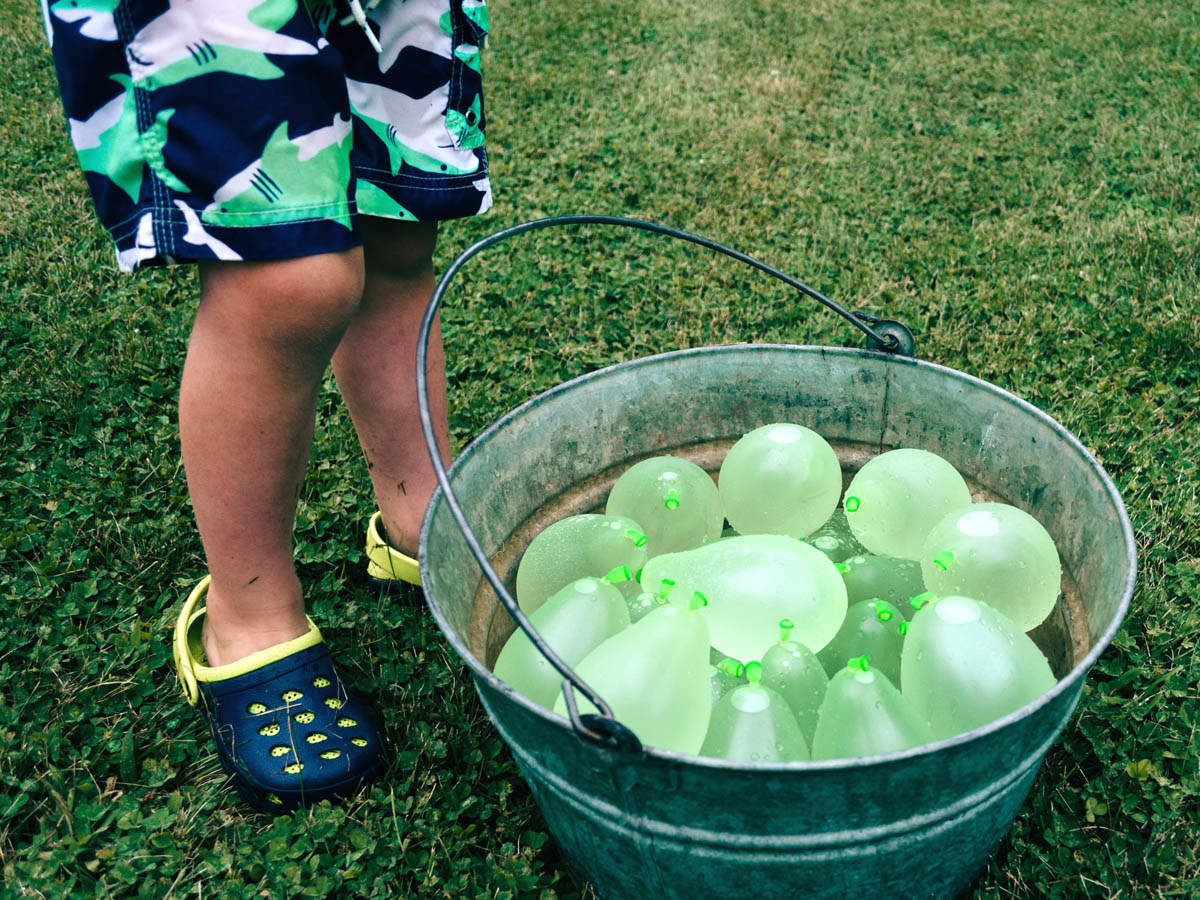
Noida: During its door-to-door campaign in the past 15 days, surveillance teams in the city have identified 852 people with Influenza-like Illness (ILI) and Severe Acute Respiratory Infection (SARI) symptoms.
Additionally, around 10,000 vulnerable groups have been identified. These include 5,207 people with comorbidities and others like senior citizen and pregnant women who may have symptoms. Officials said that the comorbidities mostly included five kinds of ailments — diabetes, hypertension, cancer, heart and kidney-related conditions.
“All ILI and SARI patients have been tested using antigen kits. Of the 852, 52 were found to be positive. All other groups, where we find people with symptoms, are also going to be tested and the vulnerable groups will be monitored,” said Dr Nepal Singh, the acting chief medical officer.
Those whose test reports were negative have been asked to get an RT-PCR test done soon since they have symptoms.
Officials added that no particular hotspot could be identified during the drive and it seems the cases are spread across the district, with more cases from urban areas that have highrise societies.
“In most of the earlier hotspots, surveillance drive has already been done and in areas that had more cases, such drives were conducted multiple times. This time, we could hardly find any cluster. Single cases were seen from a lot of places,” added Dr Singh.
While surveillance teams were expected to cover the entire district during the 12 days of the drive, about 30,000 houses have been covered so far. Officials said that with the number of teams and personnel available, the drive is going on at a slow pace.
The two-member surveillance teams, that usually have Asha and ANM workers, are supposed to gather information about symptoms and comorbidities of a person, inform residents about the symptoms they should watch out for and paste stickers outside buildings with the district helpline number on it.
After the success at JJ Colony, surveillance has been rammed up and more medical camps have been set up in places that were marked as hotspots earlier, like Mamura, Bhangel and Nithari villages.
Officials said that when people started testing positive in these areas over the past two months, it was found that several members of a family were getting infected around the same time.
However, now, mostly single cases are being reported.
Additionally, around 10,000 vulnerable groups have been identified. These include 5,207 people with comorbidities and others like senior citizen and pregnant women who may have symptoms. Officials said that the comorbidities mostly included five kinds of ailments — diabetes, hypertension, cancer, heart and kidney-related conditions.
“All ILI and SARI patients have been tested using antigen kits. Of the 852, 52 were found to be positive. All other groups, where we find people with symptoms, are also going to be tested and the vulnerable groups will be monitored,” said Dr Nepal Singh, the acting chief medical officer.
Those whose test reports were negative have been asked to get an RT-PCR test done soon since they have symptoms.
Officials added that no particular hotspot could be identified during the drive and it seems the cases are spread across the district, with more cases from urban areas that have highrise societies.
“In most of the earlier hotspots, surveillance drive has already been done and in areas that had more cases, such drives were conducted multiple times. This time, we could hardly find any cluster. Single cases were seen from a lot of places,” added Dr Singh.
While surveillance teams were expected to cover the entire district during the 12 days of the drive, about 30,000 houses have been covered so far. Officials said that with the number of teams and personnel available, the drive is going on at a slow pace.
The two-member surveillance teams, that usually have Asha and ANM workers, are supposed to gather information about symptoms and comorbidities of a person, inform residents about the symptoms they should watch out for and paste stickers outside buildings with the district helpline number on it.
After the success at JJ Colony, surveillance has been rammed up and more medical camps have been set up in places that were marked as hotspots earlier, like Mamura, Bhangel and Nithari villages.
Officials said that when people started testing positive in these areas over the past two months, it was found that several members of a family were getting infected around the same time.
However, now, mostly single cases are being reported.

Coronavirus outbreak
Trending Topics
LATEST VIDEOS
City
 Mumbai rains: 3 people trapped as chawl collapses in Malvani area
Mumbai rains: 3 people trapped as chawl collapses in Malvani area  AMU student lodges complaint against fellow student who allegedly threatened her on social media
AMU student lodges complaint against fellow student who allegedly threatened her on social media  Minor raped in Covid-19 isolation ward of Patna Medical College and Hospital, guard held
Minor raped in Covid-19 isolation ward of Patna Medical College and Hospital, guard held  Gangster Abu Salem's aide Gajendra Singh arrested by Special Task Force from Noida
Gangster Abu Salem's aide Gajendra Singh arrested by Special Task Force from Noida
More from TOI
Navbharat Times
Featured Today in Travel
Quick Links
Kerala Coronavirus Helpline NumberHaryana Coronavirus Helpline NumberUP Coronavirus Helpline NumberBareilly NewsBhopal NewsCoronavirus in DelhiCoronavirus in HyderabadCoronavirus in IndiaCoronavirus symptomsCoronavirusRajasthan Coronavirus Helpline NumberAditya ThackerayShiv SenaFire in MumbaiAP Coronavirus Helpline NumberArvind KejriwalJammu Kashmir Coronavirus Helpline NumberSrinagar encounter
Get the app



